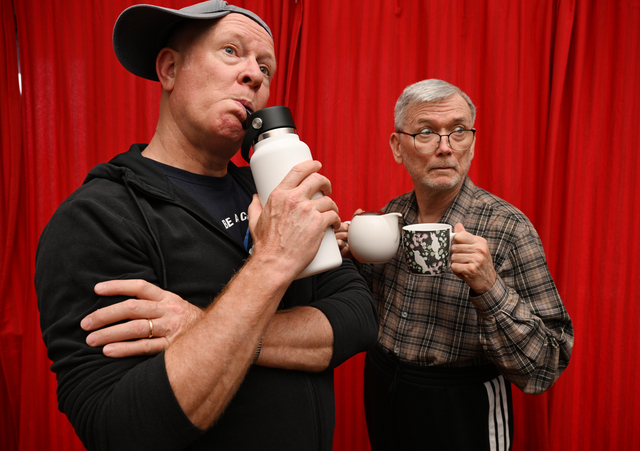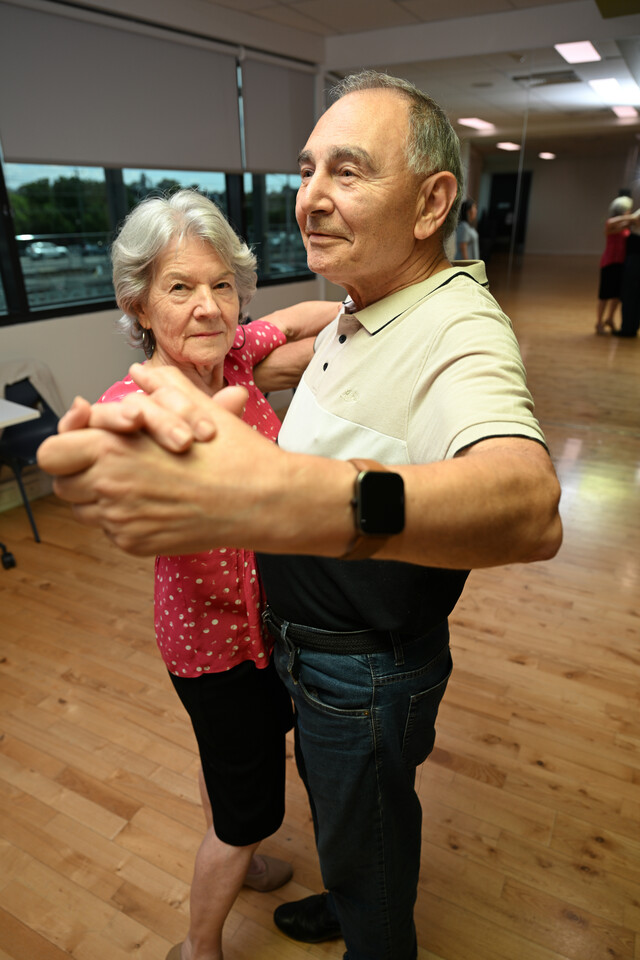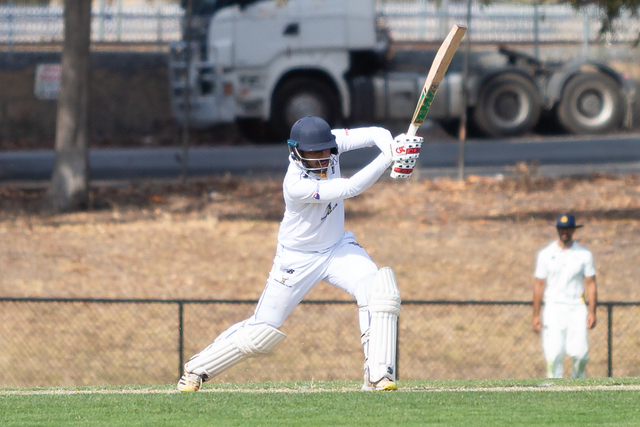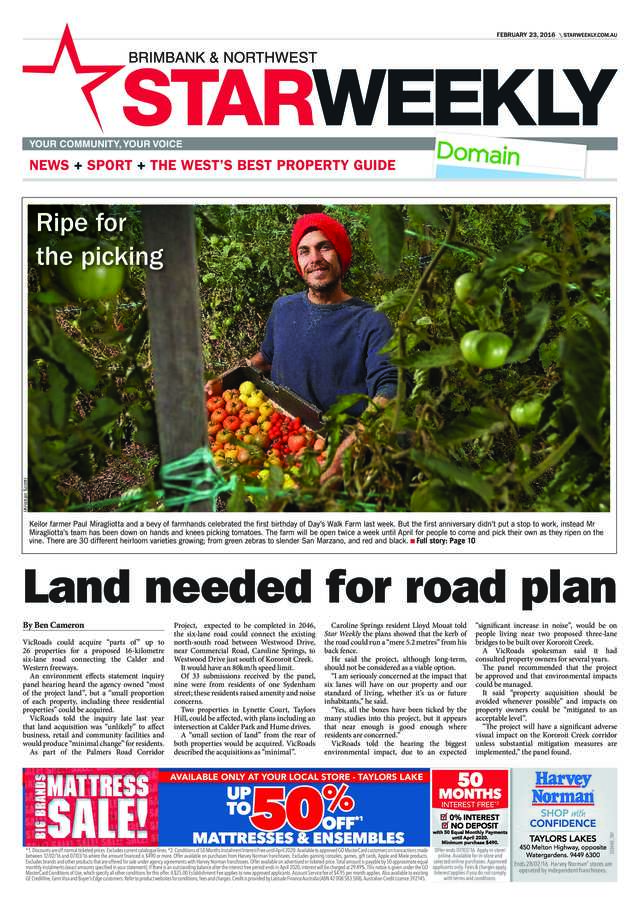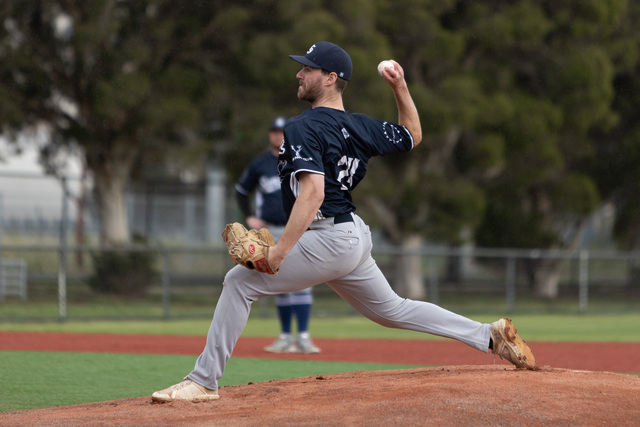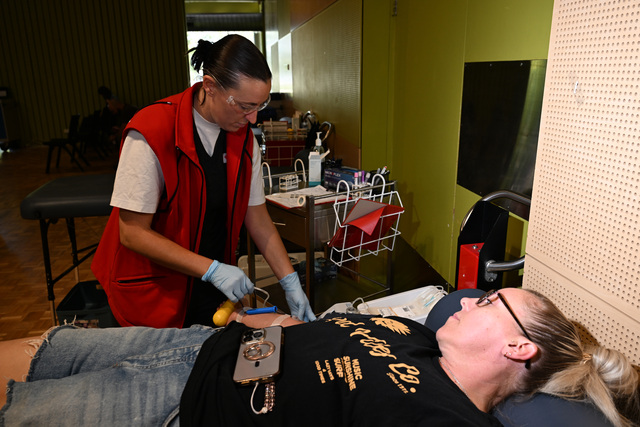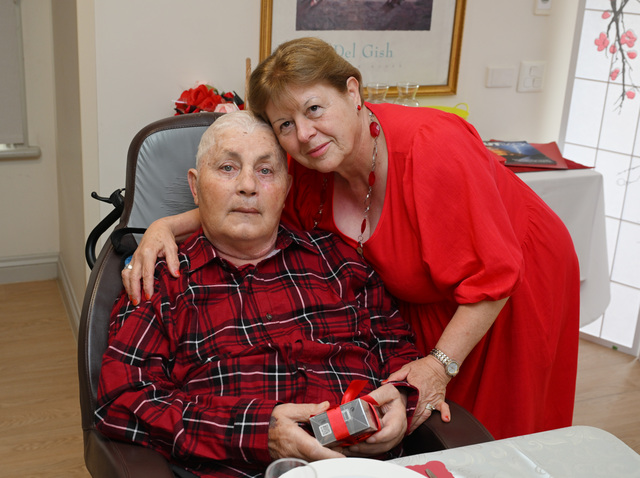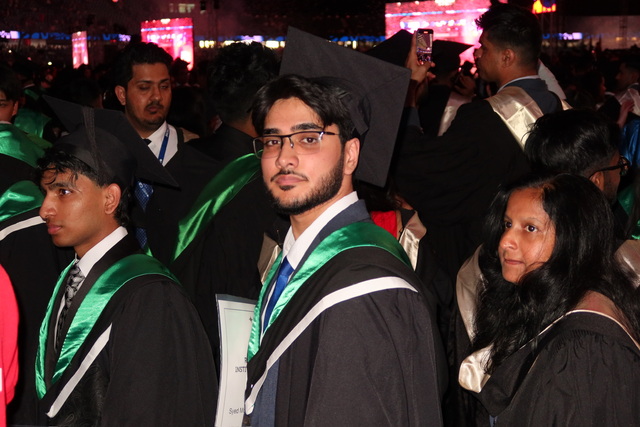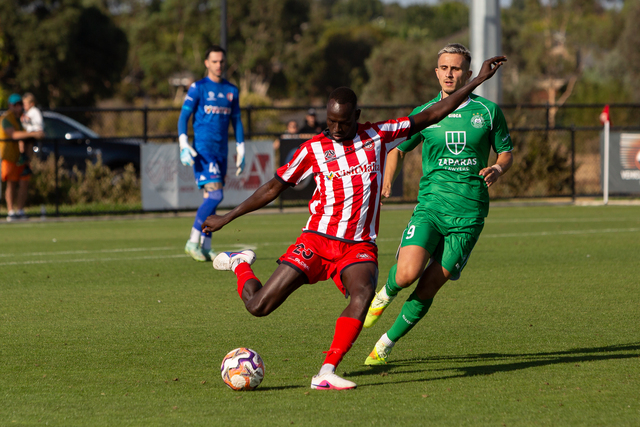A trench several hundred metres long is likely to be dug through Royal Park, creating up to 12 months of major disruption to park users and damaging the landscape for up to 20 years, as part of building the east-west link.
At least two of the three consortiums bidding to build the road favour “cut-and-cover” construction through Royal Park rather than boring a tunnel underground, the expert planning panel assessing the project was told at a public hearing on Monday.
This could involve digging a trench part or all of the way along the road’s alignment between the tunnel portal at Ross Straw Field in the park’s west and a location in the middle of the park about 200 metres east of Elliott Avenue.
The managers of Urban Camp, a popular accommodation site in the park used by schoolchildren from regional Victoria, has been approached by all three consortiums bidding to build the road and advised to consider relocating during construction.
Urban Camp chief executive Paddy O’Sullivan told the assessment committee the not-for-profit organisation had been advised by two of the bidders that the camp would be just eight metres from where cut-and-cover work would happen, creating “an intolerable situation” for the operators and for any children staying there.
A third bidder has approached Urban Camp to ask if it could occupy the facility to use it as its site office during construction, he said.
Bidders had indicated construction would commence in April 2015, the assessment committee heard. Urban Camp chair Jacqui Whitby told the committee the venue had already begun taking school bookings for next year and needed certainty about the project’s impact on the camp, which is used by 8000 guests a year.
“Without accurate information to inform our business at the moment we’re in a tenuous situation,” Ms Whitby said.
The urban design framework for the east-west link permits bidders to submit a design that includes cut-and-cover construction through the park from “approximately 200 metres east of Elliott Avenue” through to Ross Straw Field.
The comprehensive impact statement for the project, released last year by the Linking Melbourne Authority, states that if cut-and-cover construction proceeds, it would involve the removal of remnant vegetation and bushland, with visible impacts lasting 15 to 20 years until vegetation returned. A range of existing pathways through the park would also be diverted during construction.
“The construction works would have a short-term temporary impact. The existing landscape values would be changed permanently,” the document states.
Urban Camp appeared before the committee after Jennifer Kanis, Labor’s state member for Melbourne, wrote to committee chair Kathryn Mitchell last week asking that they be heard, despite requests to be heard having already closed. The Linking Melbourne Authority had given assurances “that Camp would not experience any significant impact to its operations as a result of the East West Link project”, Ms Kanis wrote.
“Advice provided to the Urban Camp from all three consortiums has been to the effect that changes to the reference design will make the camp unviable for at least 12 months,” she wrote.
The 30-day hearing concludes on Tuesday and the committee is due to make its recommendations to Planning Minister Matthew Guy by mid-year. The three consortiums are due to submit their bids by the end of April.
Stage one of the East West Link is a proposed $6 billion-$8 billion toll road between the Eastern Freeway and CityLink, with a further connection to the Port of Melbourne.


